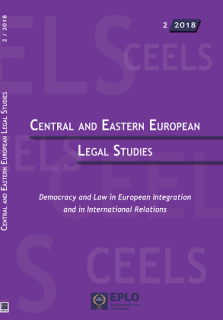
Language Rights as a sine qua non of Democracy
A Comparative Overview of the Jurisprudence
of the European Court of Human Rights
and the Court of Justice of the European Union
Senior Lecturer, National University of Public Service, Budapest
This paper explains tendencies and common patterns in the implementation and interpretation of language rights in light of the case-law of the European Court of Human Rights and the Court of Justice of the European Union. The impact of the two courts on the evolution of language rights has been less significant than expected, especially when the users of minority languages are concerned. European jurisprudence reveals an almost exclusive focus on the instrumental function of language instead of its intrinsic value for both persons and societies. Furthermore, both courts have been reluctant to interfere with the language policies of States and when they have done so, they have mostly relied on the neutral principle of non-discrimination. This ‘laissez-faire’ approach may have a detrimental effect on democracy: in order to effectively participate in the life of their communities, citizens need to have rights to communicate in their own language. The author urges a profoundly new solution for a better and stronger protection of language rights.
* Research for this paper was supported by the UNKP-17-4-1-NKE-42, New National Excellence Program of the Ministry of Human Capacities (Hungary).



















